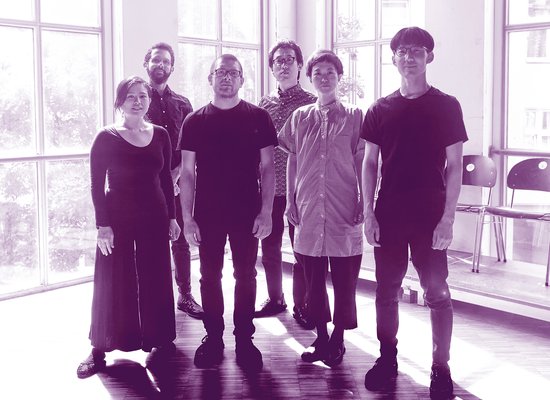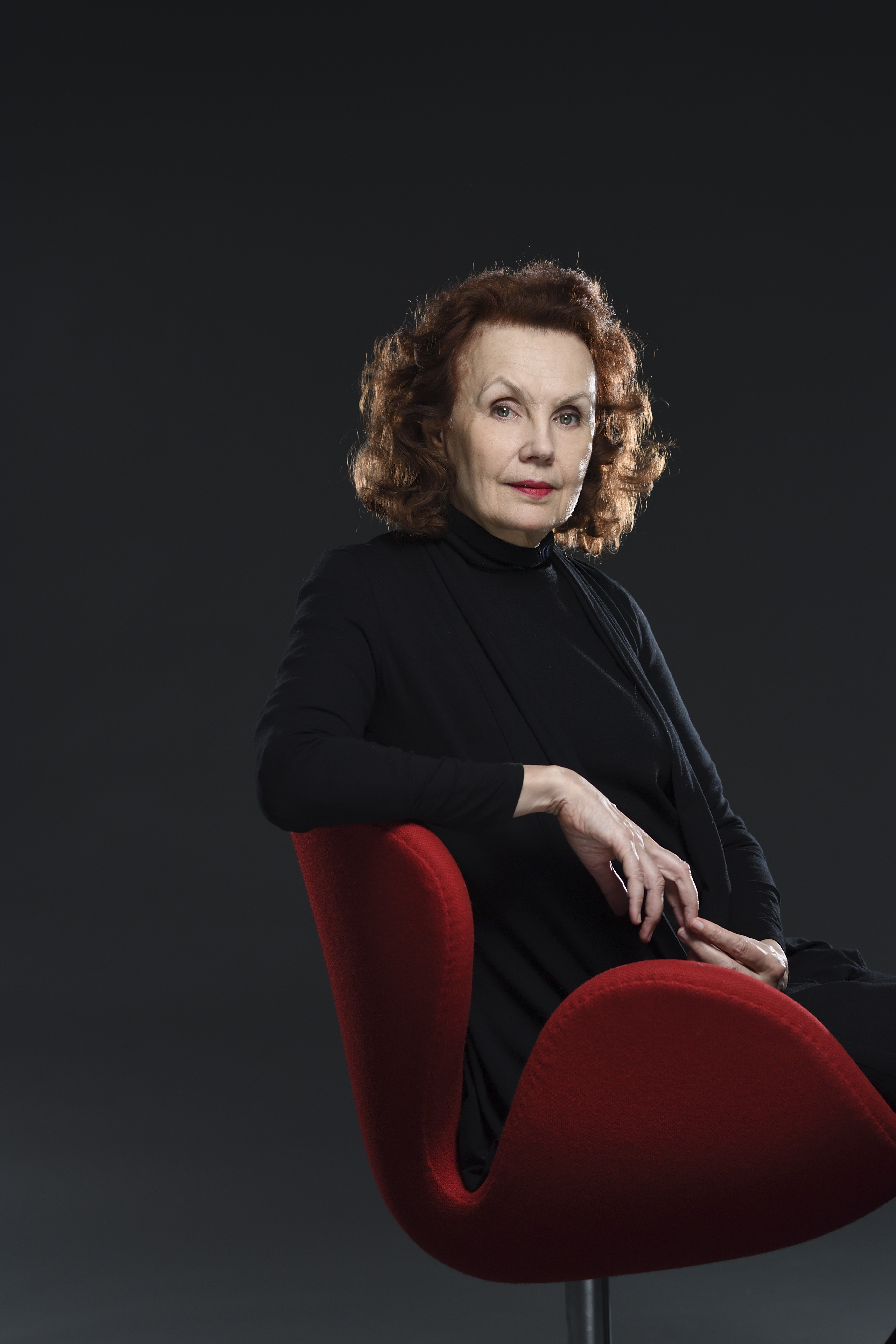
Im Porträt: Kaija Saariaho
Kaija Saariaho (1952-2023) was a leading voice of her generation of composers, in her native Finland and worldwide. She studied composition in Helsinki, Freiburg and Paris, where she lived from 1982 to her death. Her studies and research at IRCAM, the Parisian center for electroacoustic experimentation, had a major influence on her music, and her characteristically luxuriant and mysterious textures were often created by combining live performance and electronics.
After her breakthrough piece Lichtbogen for ensemble and electronics in 1986, Saariaho gradually expanded her musical expression to a great variety of genres, and her chamber pieces and choral music have become staples of instrumental and vocal ensembles, respectively.
She rose to international preeminence as the composer of works taken up by symphony orchestras around the world, such as Oltra Mar (1999), Orion (2002), Laterna Magica (2008) and Circle Map (2012), as well as six concertos (including Graal Théâtre for violin in 1994 and Notes on Light for cello in 2006), and five major symphonic song cycles (e.g. Château de l’âme in 1995 and True Fire in 2014), all of which bear the mark of her relentless attempt to blend the scientific, technological and rational with an approach grounded in poetic inspiration and resulting in deeply sensorial and associative experiences.
Saariaho’s broadest public and critical recognition came from her work in the field of opera: L’Amour de loin (2000), Adriana Mater (2006), La Passion de Simone (2006), Émilie (2010), Only the Sound Remains (2016) and Innocence (2020), the latter of which was termed Saariaho’s ‘masterpiece’ by The New York Times, were all warmly received at their premieres, and have enjoyed the rare privilege of global tours and multiple stage productions. Their ever-expressive treatment of voice and orchestra, as much as their commitment to renewing the form and the array of stories being represented on the largest stages, have made these six very different opuses classics of 21st-century opera already in the composer’s lifetime.
Saariaho claimed major composing awards such as the Grawemeyer Award, the Nemmers Prize, the Sonning Prize and the Polar Music Prize and two of her recordings have received Grammy Awards. She was named ‘Greatest Living Composer’ in a survey of her peers conducted by the BBC Music Magazine in 2019.
Kaija Saariaho’s life was prematurely interrupted by a brain tumor in 2023. Her musical legacy is carried forward by a broad network of collaborators with whom she has worked closely over the years, and her publisher Chester Music Ltd.
 ©Christophe Abramowitz
©Christophe Abramowitz»Her music has the gift of power and immediacy, creating original acoustic tapestries and unprecedented sonic narratives.«
(from the Award speech for the Golden Lion of the Venice Music Biennale in 2021)









